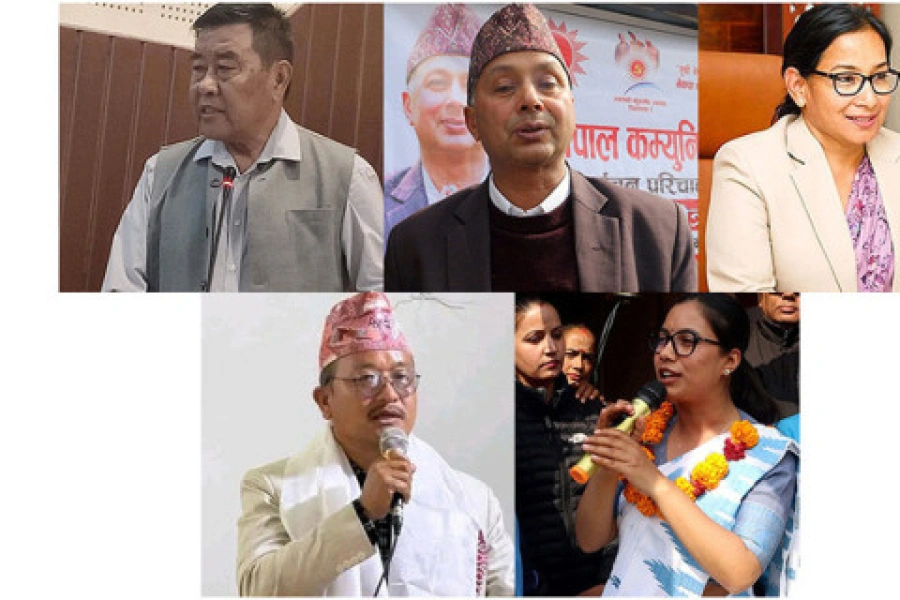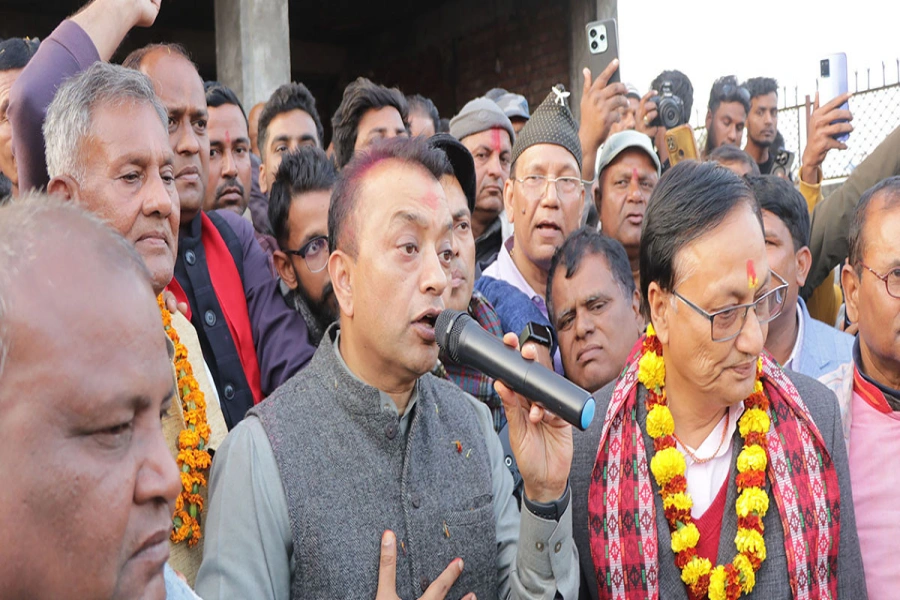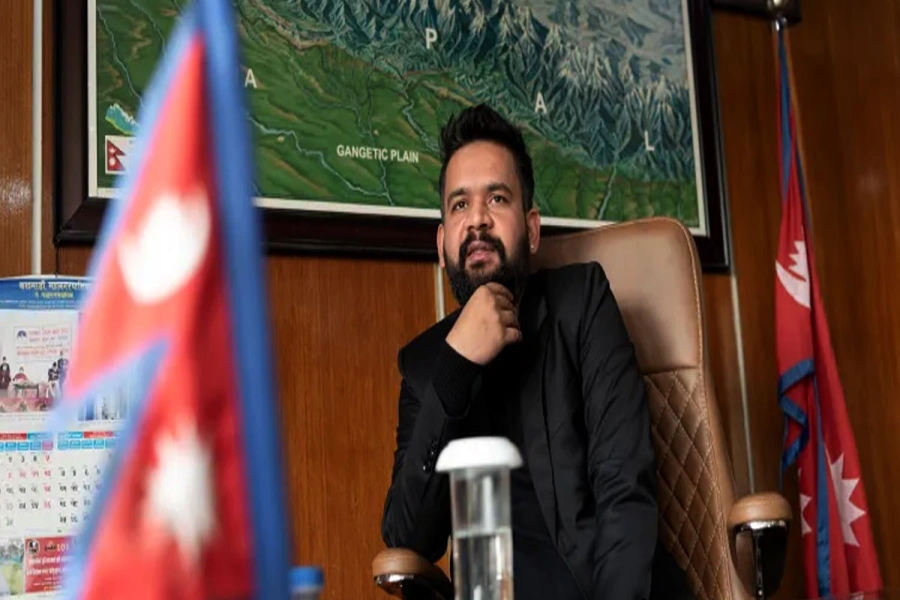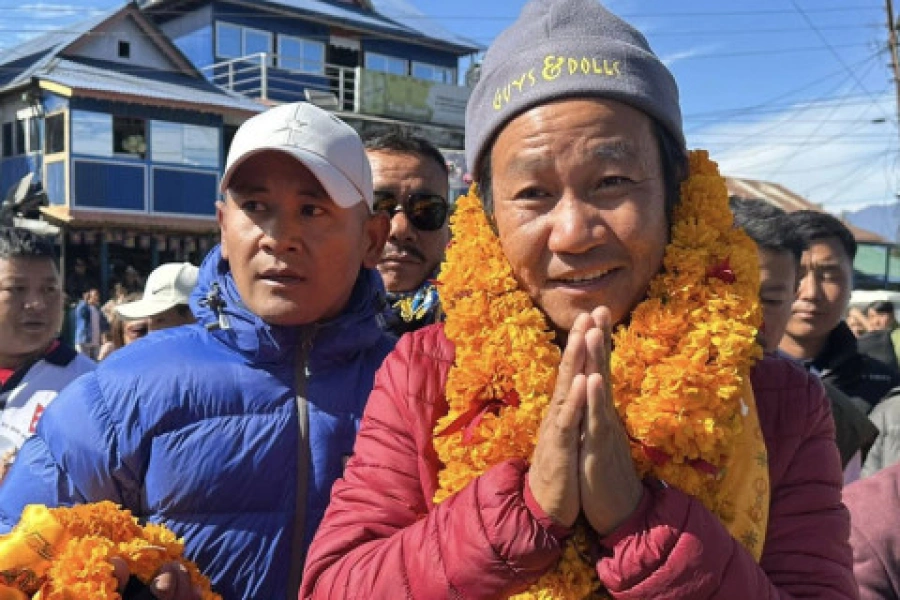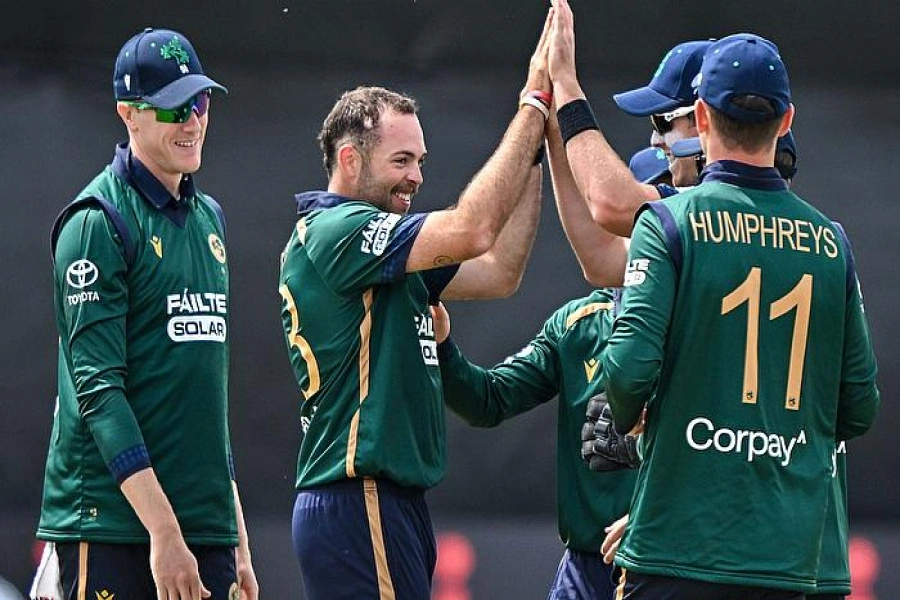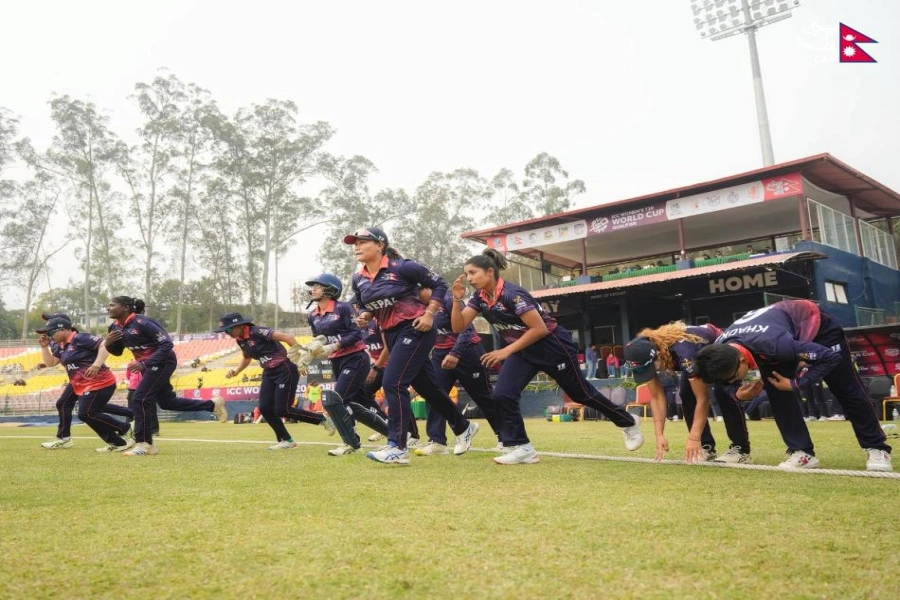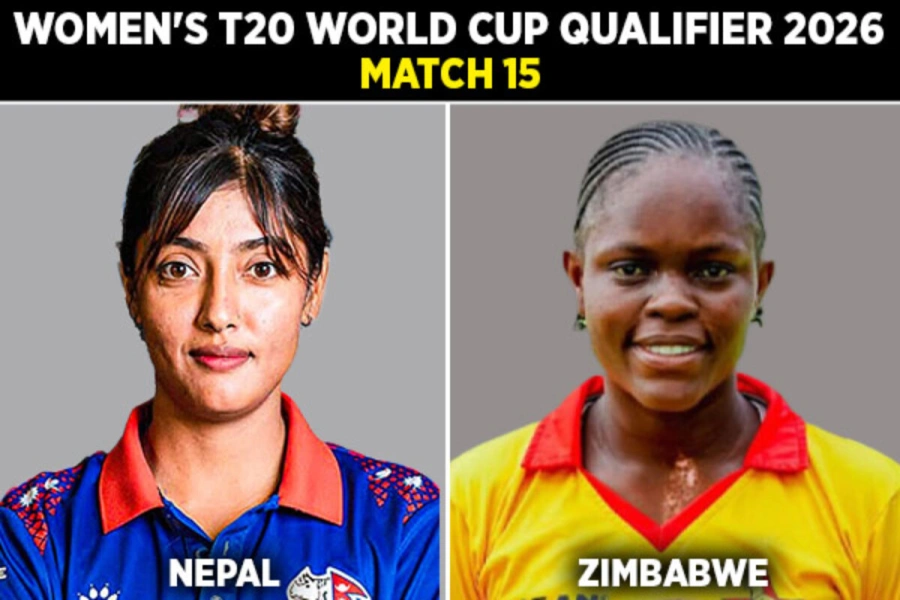The decision of President Bidya Devi Bhandari to provide only seven days for political parties to stake claim for the new government leadership has courted a serious controversy in the wider political circle. President Bhandari on Sunday called members of the House of Representatives (HoR) to stake claim to form a new government under their leadership with the support of two or more than two parties within seven days. A statement issued by the Office of the President said that the provision stipulated in Article 76 (1) of the constitution in which a party that has secured requisite majority seats in 275-member parliament can stake a claim for the government leadership was not followed arguing that none of the political parties in parliament seem to have secured at least 138 seats in the recently-held parliamentary poll. This is totally understandable. However, the decision to provide only seven days to the parties to stake claim to the government leadership is surprising, if not an ill-intended move. There are at least two reasons: First, the newly-elected HoR members have not even taken oath of office and secrecy as a member of parliament. Our constitution envisages appointment of only an HoR member as new prime minister. Second, Article 76 (8) states that the procedures as to the appointment of the prime minister should be completed within thirty-five days after the date of declaration of the final results of election to the House of Representatives. This means that the constitution itself provides a month for the parties to form a new government. In fractured political mandates like ours where even fringe political parties seek shares disproportionate to their actual strength, negotiations to forge alliance among parties to form a new government are often painstaking and they take considerably a longer time to reach any agreement. It may also be noted that a few political parties are yet to elect their Parliamentary Party (PP) leader, who automatically becomes the party’s prime ministerial candidate.
A section of politicians and constitutional experts have already taken strong exception to the move of President Bhandari to serve a seven-day deadline even before the newly-elected lawmakers could take their oath of office and secrecy. CPN (Maoist Center) Chairman Pushpa Kamal Dahal on Sunday had briefed his party leaders that formal negotiations to form a new government would begin only after the elected HoR members take oath of office and secrecy. Addressing the meeting of his party’s office bearers at the party’s headquarters in Paris Danda, Dahal even said that power-sharing deal among parties would begin only after the oath taking ceremony. The Federal Parliament Secretariat has announced that it would organize an oath taking ceremony of newly-elected parliamentarians on Thursday. This means the parties will have just two days to engage in proper negotiations under whose leadership they plan to form a new government. Echoing what Dahal said, former Supreme Court justices and constitutional experts have also maintained that the appointment process of new prime minister can begin only after the oath-taking ceremony of the new HoR members. They argue that the Constitution of Nepal has envisaged the appointment of only HoR members as the prime minister. President Bhandari’s invitation for the parties to stake claim for the leadership of the new government would be seen as natural if this had come after the oath taking ceremony of the lawmakers. A section of constitutional experts have even maintained that President Bhandari should have instead summoned a parliamentary session at this time.
Industries deprived of customs tax waiver due to legal ambiguit...

These debates and controversies certainly provide us a lesson to learn for the future. It seems there are also some ambiguities in the provisions in the constitution itself. Article 76 that has various provisions for the appointment of a new prime minister does not specifically mention any deadline that the president can serve to parties to form a new government with the support of two or more parties in parliament even as it states that the procedures of the appointment of the prime minister should be completed within thirty-five days after the date of declaration of the final results of the election to the House of Representatives. It also makes it mandatory for a person appointed as prime minister to secure a vote of confidence through parliament within 30 days of the appointment. However, the Article also clearly states that only a member of HoR can be the prime minister. The institution of president should resolve these ambiguities seen in the constitution in consultation with the political parties and set a proper precedent for the future. The natural course as it seems would be to invite parties to form a new government after the newly-elected members of parliament take oath of office and secrecy and provide a reasonable deadline to stake claim for the government leadership in case none of the political parties in parliament has secured requisite majority seats in parliament. Honoring the constitutional provision and resolving ambiguities to set a better precedent is what it takes to make our fledgling democracy mature.






